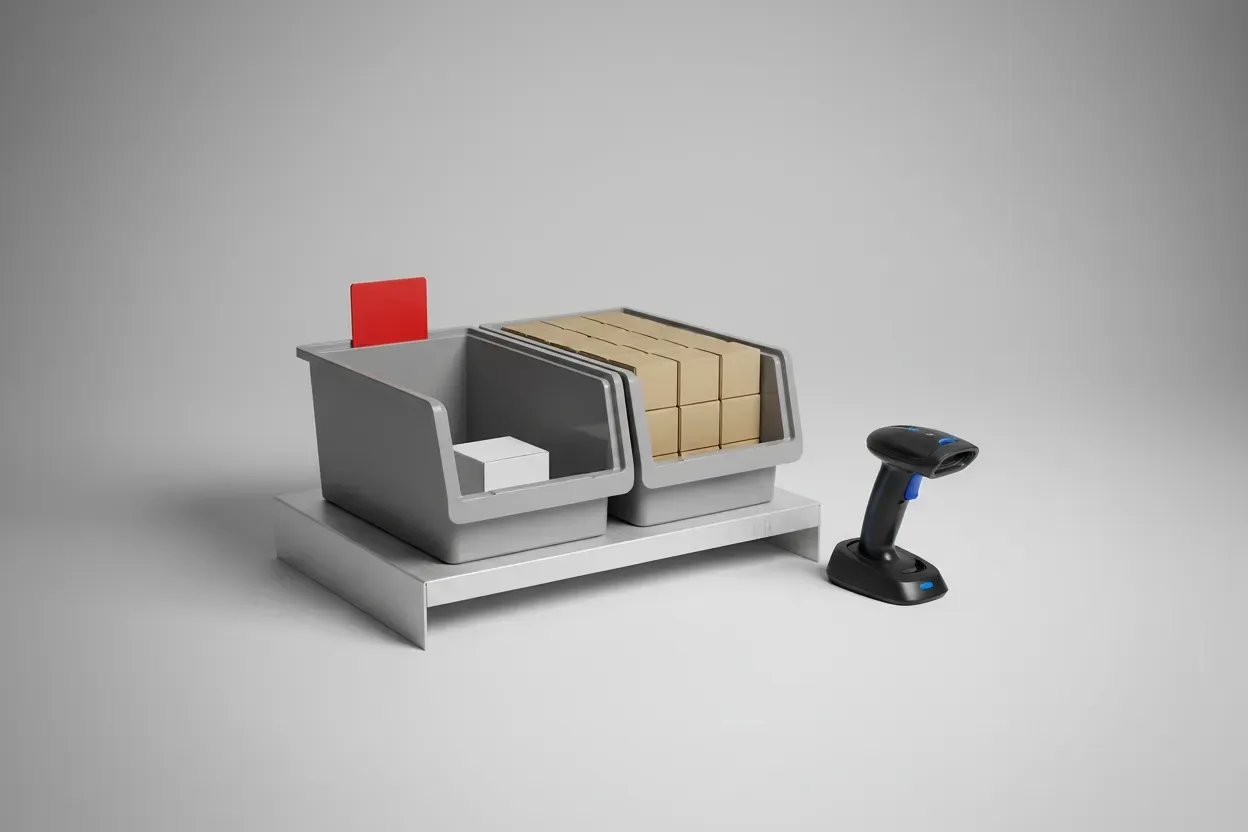How Have You Effectively Negotiated Business Contracts for Better Financial Outcomes?
In the art of negotiation, every move can significantly impact your bottom line. We’ve gathered seven insights from CEOs and founders, from standing firm to secure a higher wholesale fee to enhancing financial stability with a monthly retainer model, discover successful contract negotiations that have bolstered their companies’ financial health.
- Stood Firm, Secured Higher Wholesale Fee
- Creative Solution Lowers Costs, Strengthens Bonds
- Strategic Mutual Benefits Foster Prosperous Partnerships
- Challenged Costs, Negotiated Lower Fee Increase
- Flexible Contracting Boosts Profit Margins
- Licensing Deal Yields Steady Passive Income
- Monthly Retainer Model Enhances Financial Stability
Stood Firm, Secured Higher Wholesale Fee
One successful contract negotiation occurred when I was negotiating a wholesale real estate deal. In this particular deal, I had the property under contract for $175,000. I knew that this was a wonderful deal, so I sent it out to my cash buyer network at $210,000, meaning that I would make about $35,000 as a wholesale fee.
I got a lot of interest in the property, but many of the offers were coming in closer to $200,000, and I knew I had an excellent deal. One particular buyer was not willing to give me a number that he was willing to offer, and he kept trying to pull me down on the price.
I stood firm with my number and continued to ask him how much he needed the deal for. I told him that he needed to do much better on the price, and I also told him I had a number of better offers. Eventually, this buyer and I ended up settling at $207,000. This number was much better than my other offers, and because I could negotiate strategically, we could make a $32,000 wholesale fee.
 Sebastian Jania
Sebastian Jania
CEO, Ontario Property Buyers
Creative Solution Lowers Costs, Strengthens Bonds
In my career, a standout example of successful contract negotiation was with a key supplier of eco-friendly materials. Facing initial resistance to lowering prices, I proposed a mutually beneficial solution: offering them exposure to our high-profile design projects and marketing in exchange for better pricing and a longer contract term.
This helped reduce our material costs and also strengthened our supplier relationship. It highlighted the importance of innovative, collaborative thinking in negotiations, where understanding and aligning mutual interests can create win-win situations. This experience has been a cornerstone in my approach to business, emphasizing creative solutions and strong partnerships.
 Carol Wilson
Carol Wilson
Executive Manager, You Comfort
Strategic Mutual Benefits Foster Prosperous Partnerships
One tip that significantly improved my financial standing is to focus on mutually beneficial terms for contract negotiations by aligning the interests of both parties.
This approach has fostered a collaborative atmosphere that laid the foundation for a long-lasting and prosperous partnership. The establishment of clear and transparent lines of communication allowed for a better understanding of each party’s needs and expectations.
Furthermore, conducting thorough research on industry standards and market conditions is essential. Armed with this knowledge, you should negotiate from a position of strength, ensuring that the terms you agree upon are fair and competitive.
 Faizan Khan
Faizan Khan
Public Relations and Content Marketing Specialist, Ubuy UK
Challenged Costs, Negotiated Lower Fee Increase
One of the most successful contract negotiations I had was with a tech vendor that we were using to support our infrastructure. They were proposing a 20% increase in fees because of unforeseen costs related to the COVID-19 pandemic. I challenged their reasoning by asking for an itemized list of these unforeseen costs.
Through negotiations, I could reduce the increase to only 5%. I also added a clause that would allow for renegotiation if more unforeseen costs were to arise. This negotiation saved us tens of thousands of dollars that we were able to reinvest into other areas of our business.
 Matthew Ramirez
Matthew Ramirez
Founder, Paraphrasing Tool
Flexible Contracting Boosts Profit Margins
One notable contract negotiation that significantly improved our financial position involved a long-term technology development project. Initially, the client proposed a fixed-cost model, but given the project’s complexity and evolving nature, we negotiated a time-and-materials contract.
This approach allowed us to adjust our resources and strategies as the project evolved, leading to better management of costs and time. As a result, we not only delivered a high-quality product but also increased our profit margin by 20%, demonstrating the importance of flexible and adaptive contract negotiations in the tech industry.
 Einav Biri
Einav Biri
CEO, FARUZO
Licensing Deal Yields Steady Passive Income
One successful contract negotiation that improved our business’s financial position was the licensing of our patented technology to a leading industry player.
We negotiated a royalty agreement that allowed them to use our patented technology in their products in exchange for a percentage of their sales revenue. This strategic partnership not only provided us with a steady stream of passive income but also enhanced our reputation in the industry.
Additionally, we retained the rights to continue developing and licensing our technology to other companies. This successful contract negotiation allowed us to capitalize on our intellectual property assets and generate significant revenue, significantly improving our financial position.
 Roy Lau
Roy Lau
Co-Founder, 28 Mortgage
Monthly Retainer Model Enhances Financial Stability
I successfully negotiated a switch from hourly billing to a monthly retainer model with a key client. This shift was proposed to reduce the time spent on administrative tasks like timekeeping, allowing me to focus more on achieving targets and delivering value.
Convincing the client had its challenges, but I emphasized the benefits of a monthly retainer, particularly how my integral role in the team would be more effectively utilized. This negotiation secured a guaranteed income each month, greatly simplifying financial planning and strengthening the client relationship by aligning our mutual interests toward long-term goals and consistent performance.
This strategic move significantly improved our financial stability and allowed for more predictable growth planning.
 Daniel Bunn
Daniel Bunn
Founder and Director, DB IT
Submit Your Answer
Would you like to submit an alternate answer to the question, “Can you share an example of a successful contract negotiation that improved your business’s financial position?”







































